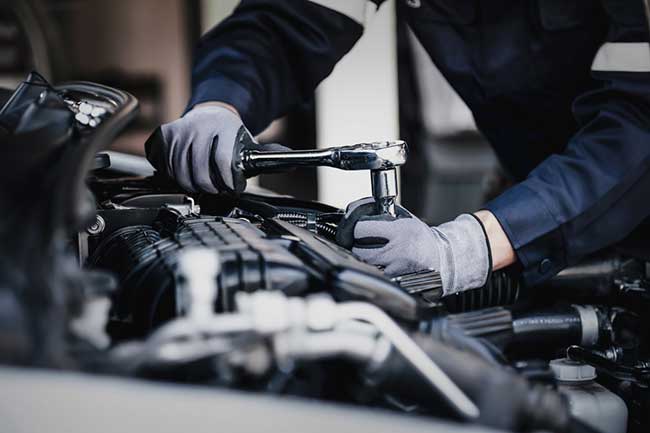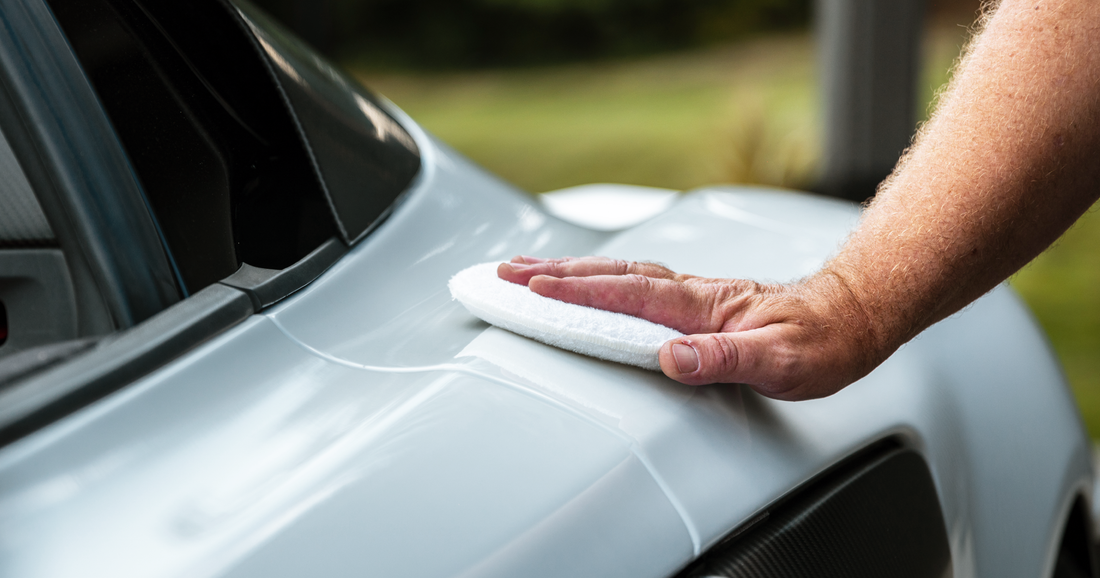All Categories
Featured
Just How Auto Fixing Shops Take Care Of Complicated Lorry Systems
Modern automobiles are technical wonders, loaded with advanced systems that improve comfort, security, and efficiency. From sophisticated infomercial devices to detailed engine management systems, today's cars and trucks call for specialized knowledge and tools to detect and repair. Auto service center have actually increased to the challenge by spending and embracing cutting-edge methods in sources that enable them to take care of these complexities with accuracy.Specialized Educating for Service Technicians. Professionals are the foundation of any kind of auto service center, and their know-how is crucial when managing sophisticated car systems. Repair stores invest greatly in continuous education and learning for their personnel, guaranteeing they stay updated with the most current modern technologies. Makers usually offer certification programs, such as ASE (Automotive Solution Excellence), that educate service technicians how to navigate the complexities of particular makes and designs. Furthermore, training workshops concentrate on identifying electric issues, programming lorry control components, and recognizing crossbreed and electrical car systems.

Cutting-Edge Diagnostic Tools. Advanced diagnostic devices play an essential duty in recognizing troubles in complex systems. Modern cars include numerous sensing units and computers that keep track of efficiency and sharp vehicle drivers to problems with dashboard caution lights. Service centers use diagnostic scanners with the ability of checking out these error codes and identifying the precise source of the trouble. High-end tools, such as OBD-II scanners, are coupled with specialized software to access and analyze information from an auto's numerous subsystems, such as anti-lock braking, airbag, and exhaust control systems.
Cooperation with Makers. Service centers frequently partner with car manufacturers to ensure they have access to proprietary repair info and software program updates. These collaborations make it possible for specialists to do repair work that satisfy manufacturer requirements and preserve service warranty compliance. Some shops likewise get involved in programs that give them with OEM (Initial Devices Producer) parts and devices specifically developed for complicated systems.
Devoted Offices for Advanced Repairs. Managing complex vehicle systems usually needs a tidy, orderly setting furnished with innovative innovation. Lots of repair service shops have dedicated workspaces for tasks such as recalibrating innovative driver-assistance systems (ADAS), that include functions like flexible cruise ship control and lane-keeping aid. These systems require accurate alignment, frequently making use of laser-guided calibration devices and 3D imaging technology to guarantee they function correctly.

Remaining Ahead with Continuous Learning. As automobile technology advances, service center should adapt to remain appropriate. Hybrid and electrical vehicles, for circumstances, have actually presented totally brand-new systems, such as high-voltage batteries and regenerative stopping. Forward-thinking stores actively go after training in these areas and purchase the necessary devices to service such automobiles safely and successfully.
Customer Education and Transparency. Service centers that manage complicated systems prioritize educating their consumers regarding the repair work needed. In-depth descriptions, backed by visual help and analysis reports, assist consumers comprehend the job being carried out. This transparency develops count on and ensures that car owners really feel certain in the services supplied.

Verdict. Automobile repair stores have actually come a long means in addressing the challenges postured by complex automobile systems. By incorporating skilled specialists, progressed diagnostic tools, and tactical partnerships, they can provide high-grade service that satisfies the demands of modern automobiles. For automobile proprietors, choosing a repair work store that spends in these capacities is essential to keeping their automobiles running smoothly and successfully.
Latest Posts
Recognizing Roof Guarantees: What Homeowners Ought To Know
Published May 26, 25
1 min read
Explore Your Financial Partner at WyHy – Key Advantages for Your Financial Success
Published May 24, 25
1 min read
Join WyHy FCU – Top Benefits for Your Goals
Published May 22, 25
1 min read